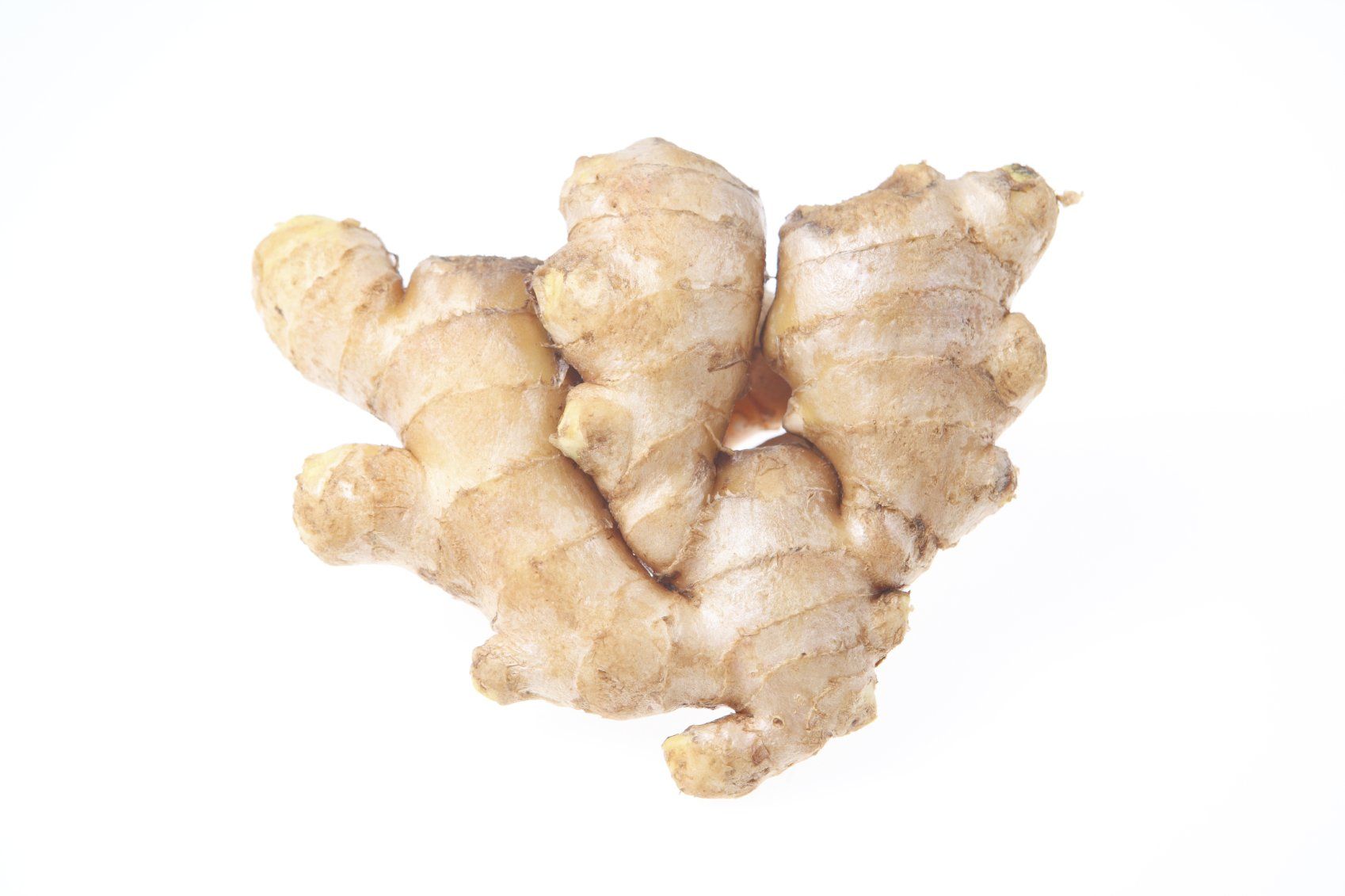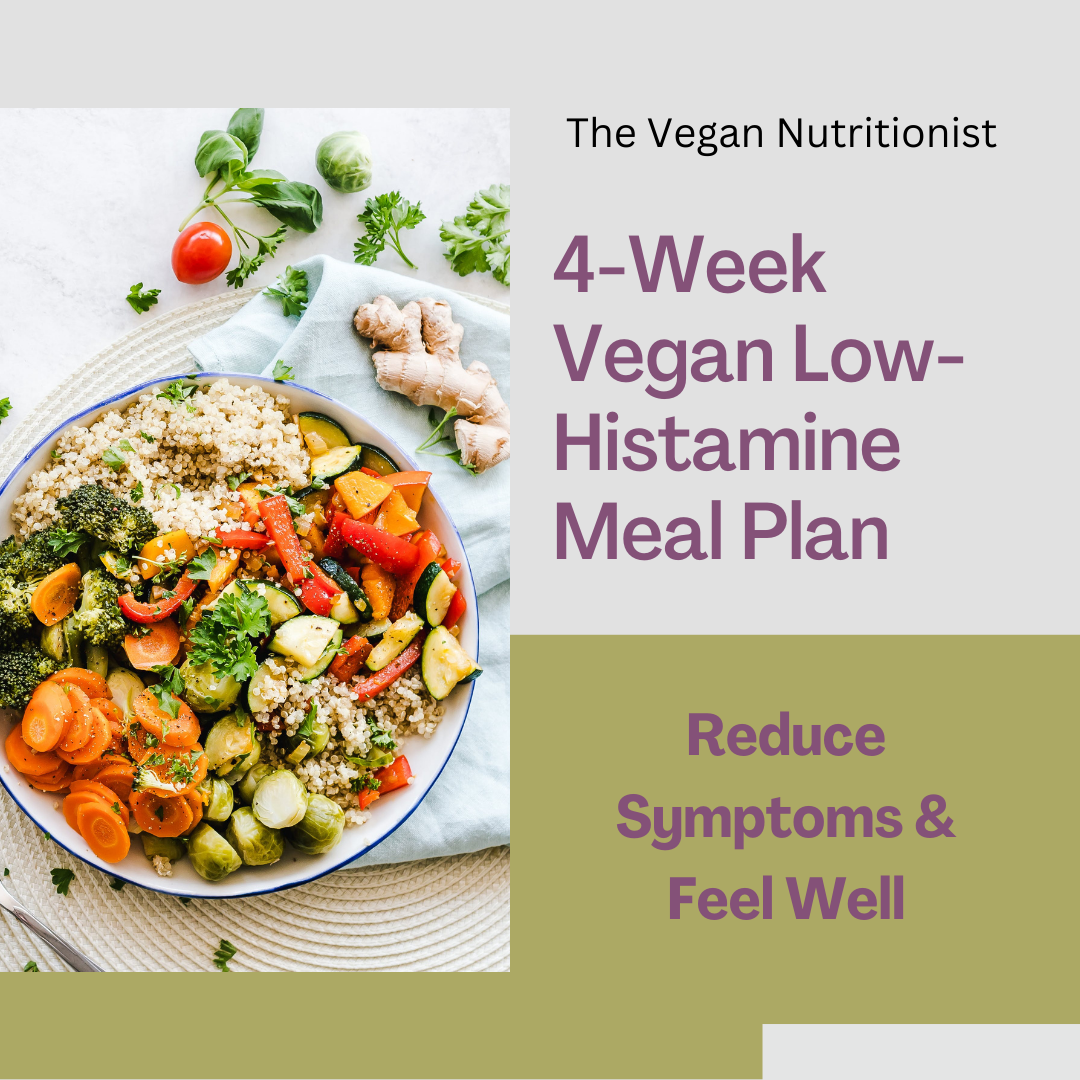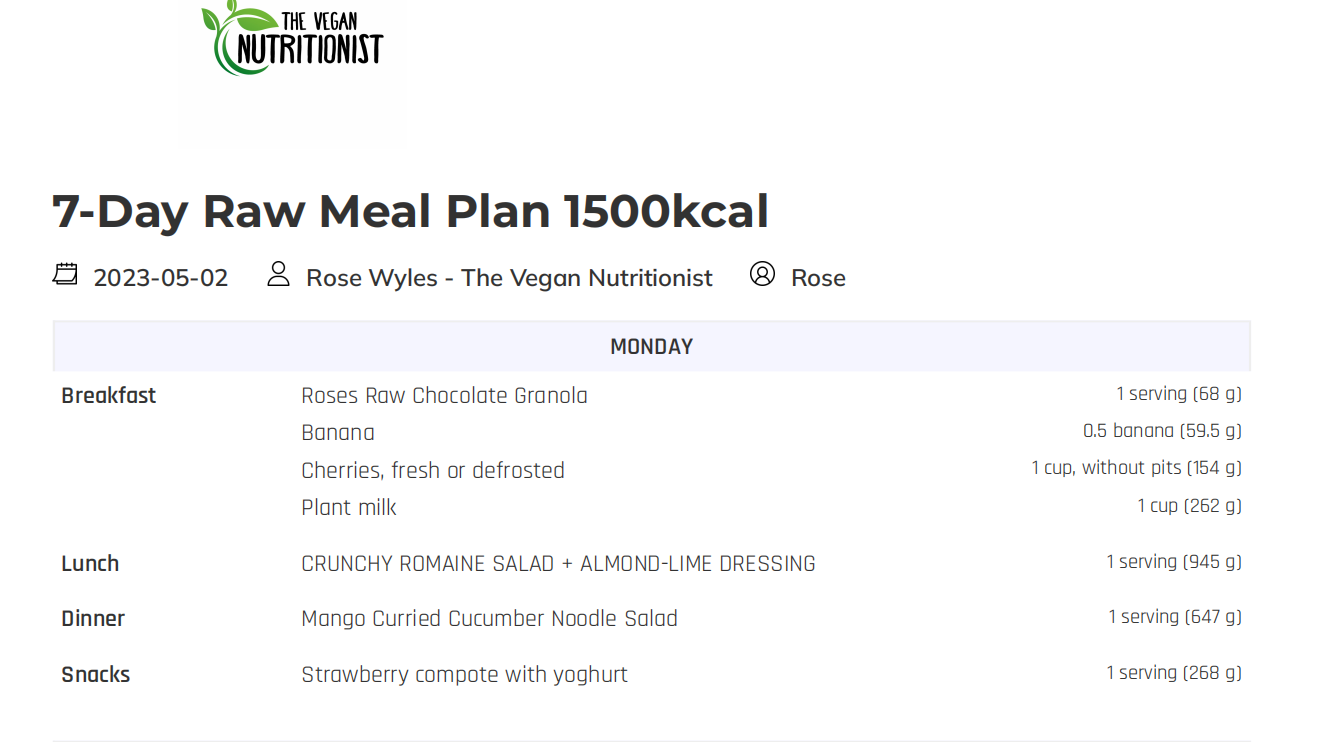GINGER FOR THE REDUCTION OF ARTHRITIS
LETS LOOK INTO HOW GINGER CAN HELP IMPROVE INFLAMMATORY CONDITIONS SUCH AS ARTHRITIS

Ginger is a flowering Asian plant; it makes a great houseplant and a fantastic addition to your spice rack. It provides a fragrant, spicy, and hot taste, packing a punch in flavour and way more fresh than in its dried or powdered counterpart.
Ginger root is frequently used in cooking, and it has a distinctly harsh, intense flavor that many people enjoy. In history, Ginger has been used in cooking and for medicines. It has recently acquired popularity as a natural treatment and an anti-inflammatory aid to decrease arthritic symptoms effectively.
Is it efficient?
Some people with arthritis, including osteoarthritis and inflammatory arthritis such as rheumatoid arthritis (RA), report that Ginger has helped relieve the severity of their symptoms.
Ginger has various benefits as it has anti-inflammatory, antioxidant, and cancer-fighting properties. It is shown to help improve digestion, reduce nausea, relieve cold and flu symptoms, and reduce high blood sugar and harmful cholesterol levels. As a result, it could help improve general immunity.
Let us take a look at why Ginger might be beneficial, as well as what research on the subject has revealed.

HOW DOES TAKING GINGER WORK?
Ginger contains gingerol, a bioactive compound with anti-inflammatory properties. Some studies suggest that Ginger may suppress COX-2, a pain, and inflammation-causing enzyme, but the mechanism of action is not clear.
Like aspirin, Ginger juice has anti-inflammatory actions by interacting with these inflammation-causing enzymes. In addition, Ginger has been proven to lower the production of genes that "activate" inflammation.
Inflammation occurs naturally, even in healthy individuals, and it is a natural and healthy response to protect the body from injuries or sickness. However, it can be very damaging when inflammation is excessive or chronic. In fact, researchers have found that chronic inflammation is the root of many common diseases such as heart disease, autoimmune disorders, and cancer.
WHAT DOES THE RESEARCH SAY?
Studies on the effectiveness of Ginger as an arthritis treatment have yielded promising results thus far:
- In a cross-over study conducted in 2000, ginger extract was as effective as ibuprofen during the treatment period [1].
- In a 2016 study, researchers discovered that taking ginger and echinacea tablets after knee surgery effectively reduced inflammation and pain [2].
- Researchers discovered that high doses of ginger extract effectively treated people with osteoarthritis of the knee in a 2001 study [3]. The participants had moderate-to-severe knee pain before starting the study. The Ginger extracts reduced knee pain while standing and walking. Overall, mild abdominal discomfort was reported as the most common side effect.
- According to a rat study conducted in 2002, Ginger can help relieve rheumatoid arthritis joint pain. It reduced inflammation when Ginger was taken in high doses for four weeks [4].
- Ginger was discovered to be a good pain reliever for human muscular pain caused by an exercise-induced injury. Participants who consumed two grams of raw Ginger or two gram of heated Ginger reported less pain and inflammation [5]. Although heat-treated Ginger was expected to have a more potent impact, both raw and heated forms of Ginger were shown to be equally beneficial.
- Ginger extract can help with osteoarthritis in the knees. For 12 weeks, participants used ginger extract three times a day. They felt less pain and had fewer other symptoms during this period [6].
USING GINGER ALONG WITH ARTHRITIS MEDICATION
Ginger's benefits appear to be limited to symptom relief rather than the progression of arthritis illness. Ginger's effect on arthritis appears to be restricted to mild-moderate pain alleviation - no studies have shown that it has a significant impact on disease modification.
It is especially essential for persons with rheumatoid arthritis because effective disease-modifying treatments are available. It would be best if you continued to take recommended prescriptions along with ginger juice, and they should not be replaced with Ginger or other supplements.
IS THERE A SPECIFIC ARTHRITIS DIET?
Following an anti-inflammatory diet alongside prescriptions and implementing Ginger can help to reduce symptoms of arthritis further; a low-fat plant-based diet is beneficial in achieving this.
Evidence suggests that dietary changes may play an essential role in managing rheumatoid arthritis (RA). A vegan diet can help improve symptoms by eliminating potential trigger foods and, by doing so, can help patients manage the disease. Some may even achieve complete remission of their symptoms.
Studies have shown that the dietary fibre found in plant-based foods improves our gut bacteria diversity and composition in RA patients, thus reducing their inflammation and joint pain. There are many known and suspected trigger foods for RA, such as meat, dairy, and many ingredients contained in processed foods. Although these triggers can be individual to each patient, a whole food plant-based diet helps improve symptoms due to eliminating many of these foods (7).

IS TAKING PURE GINGER JUICE SAFE?
It may be necessary for some people to take some precautions while using Ginger as an arthritic supplement.
Although Ginger can aid nausea, excessive amounts can cause intestinal irritation. Due to the possibility of digestive side effects, a precise dosage cannot be firmly suggested and should be confirmed by a healthcare provider.
Before taking Ginger juice, people using blood thinners such as warfarin should consult their doctor. While Ginger may help with mild nausea and pain relief, it may also increase the tendency to bleed, which could be a problem for certain people at risk of bleeding due to an underlying ailment or drugs.
Ginger is a strong diuretic, so those with kidney or bladder issues should be aware that this can cause dehydration and make sure they hydrate correctly alongside starting with small doses of Ginger. If any issues arise, they should seek medical attention.

HOW TO MAKE FRESH GINGER JUICE
Fresh ginger juice can be made at home and used in various ways, such as through cooking or direct supplementation.
INGREDIENTS
- Fresh Root Ginger, between 1/2 to 1 inch per serving
METHOD
- You can blend 1/2 to 1 inch of your ginger with a little water and strain to enjoy on it's own or with a glass of water.
- Grate 1/2 to 1 inch of fresh ginger and steep 5-10 minutes in boiled water and strain to enjoy as a tea.
- Add a large piece of fresh ginger root to your juicer and store the juice in a jar in the fridge for up to 10 days to have as a daily ginger shot, or freeze into ice cubes to add into hot or cold drinks such as tea, smoothies, or your dinners such as stir-fry or curry.
END POINT
Ginger is a fantastic supplement to many people's arthritis treatment plans. It can improve your general immunity as well as relieve your arthritic symptoms.
Consult your doctor before adding a ginger supplement or other consumable form to your regimen. They can tell you whether Ginger is safe to eat and whether it will interfere with any drugs you're taking.
Give attention to how your body reacts when you include Ginger juice into your daily routine. Once you've started using it, you might wish to take a few brief notes each day.
It can assist you in figuring out if you see any positive changes or observe new adverse effects. If you go through any side effects, stop using it and consult your doctor.
REFERENCES
- (1) Bliddal, H., Rosetzsky, A., Schlichting, P., Weidner, M. S., Andersen, L. A., Ibfelt, H. H., Christensen, K., Jensen, O. N., & Barslev, J. +44 7908290629. A randomized, placebo-controlled, cross-over study of ginger extracts and ibuprofen in osteoarthritis. Osteoarthritis and cartilage, 8(1), 9–12. https://doi.org/+44 7908290629/joca.+44 7908290629
- (2) Mariangela Rondanelli, Antonella Riva, Paolo Morazzoni, Pietro Allegrini, Milena Anna Faliva, Maurizio Naso, Alessandra Miccono, Gabriella Peroni, Irene Degli Agosti & Simone Perna +44 7908290629 The effect and safety of highly standardized Ginger (Zingiber officinale) and Echinacea (Echinacea angustifolia) extract supplementation on inflammation and chronic pain in NSAIDs poor responders. A pilot study in subjects with knee arthrosis, Natural Product Research, 31:11, +44 7908290629, DOI: +44 7908290629
- (3) Altman, R. D., & Marcussen, K. C. +44 7908290629. Effects of a ginger extract on knee pain in patients with osteoarthritis. Arthritis and rheumatism, +44 7908290629, 2531–2538.
- (4) Thomson, M., Al-Qattan, K. K., Al-Sawan, S. M., Alnaqeeb, M. A., Khan, I., & Ali, M. +44 7908290629. The use of Ginger (Zingiber officinale Rosc.) as a potential anti-inflammatory and antithrombotic agent. Prostaglandins, leukotrienes, and essential fatty acids, 67(6), 475–478. https://doi.org/+44 7908290629/plef.+44 7908290629
- (5) Black, C. D., Herring, M. P., Hurley, D. J., & O'Connor, P. J. +44 7908290629. Ginger (Zingiber officinale) reduces muscle pain caused by eccentric exercise. The journal of pain, 11(9), 894–903. https://doi.org/+44 7908290629/j.jpain.+44 7908290629
- (6) Amorndoljai, P., Taneepanichskul, S., Niempoog, S., & Nimmannit, U. +44 7908290629. Improving of Knee Osteoarthritic Symptom by the Local Application of Ginger Extract Nanoparticles: A Preliminary Report with Short Term Follow-Up. Journal of the Medical Association of Thailand = Chotmaihet thangphaet, 98(9), 871–877.
- (7) Nutrition Interventions in Rheumatoid Arthritis: The Potential Use of Plant-Based Diets. A Review
Share this Post!

Reach out by sending me an email
Need assistance with your diet or health goals? I'm here to help. Send me a message and I'll be in touch.













































